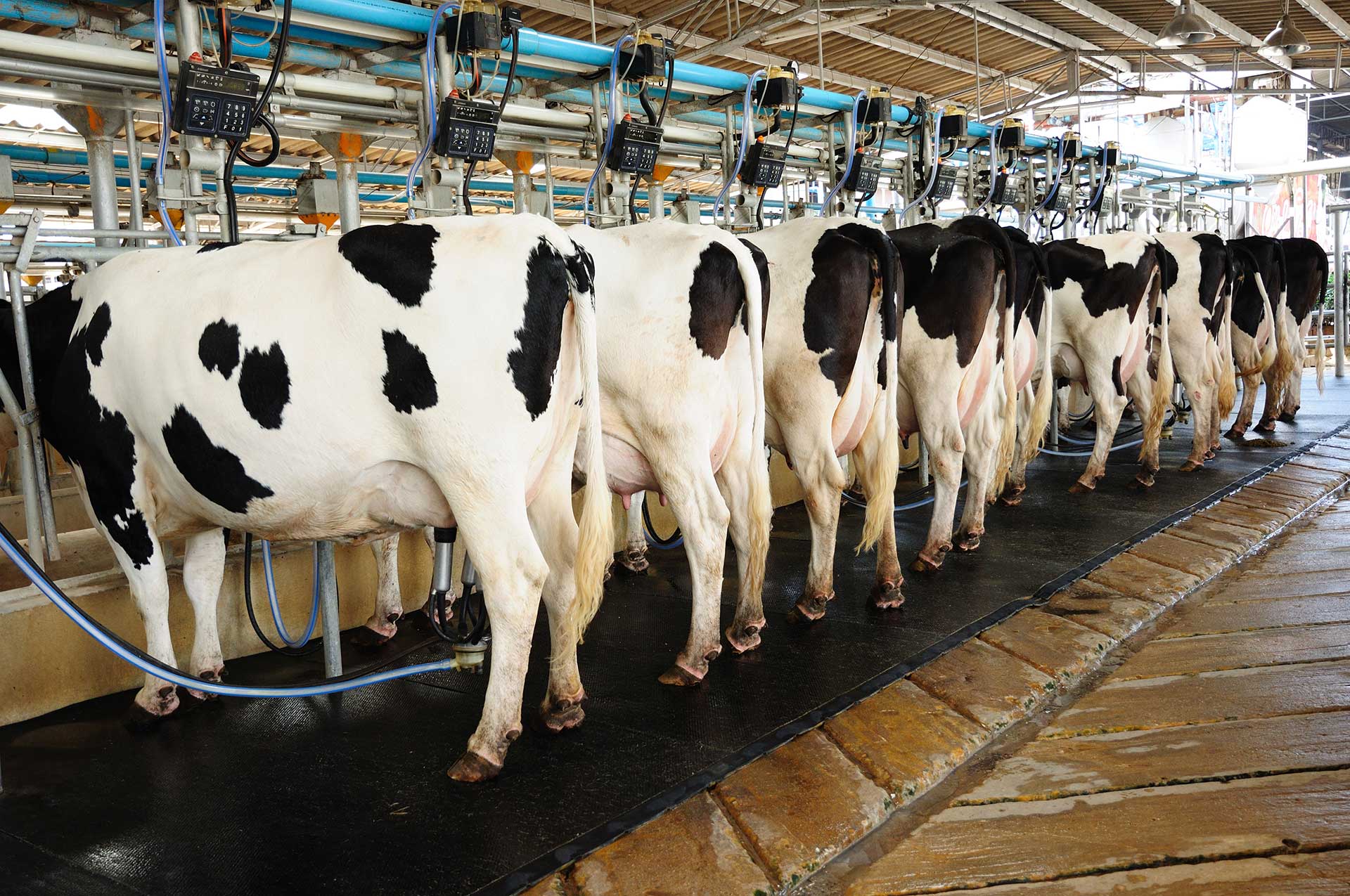Pasteurization Efficiency Testing (Phosphatase Test)
Ensuring the safety and quality of dairy products is a critical concern in agriculture and forestry testing. Pasteurization, as one of the primary methods to eliminate harmful bacteria from milk and other dairy products, plays a pivotal role in maintaining this safety and extending shelf life. The Phosphatase Test, commonly used for measuring pasteurization efficiency, serves as an essential tool in this process. This test evaluates the effectiveness of the pasteurization process by examining residual enzymes (such as phosphatases) that indicate incomplete heat treatment.
The Phosphatase Test is based on the principle that phosphatase activity can be used to assess the extent of pasteurization. In a properly pasteurized milk, most of the phosphatase should have been inactivated by the high temperature process. The test involves incubating a sample at 50°C for a specified time and then measuring the amount of enzyme activity that remains. If significant residual phosphatase is detected, it suggests that the product has not been adequately pasteurized.
For accurate results, proper specimen preparation is crucial. Samples should be taken from the dairy products in question at various stages of production to ensure a representative sample set. The specimens need to be handled carefully and stored under appropriate conditions before undergoing analysis. It’s important that the samples are tested as soon as possible after collection to prevent any potential changes due to external factors.
The instrumentation used for this test typically includes a water bath for incubation at 50°C, a spectrophotometer or colorimeter for measuring enzyme activity, and appropriate reagents like phosphate buffer solution. The process involves several steps: first, the sample is prepared by dilution if necessary to ensure it falls within the linear range of detection. Then, the sample is incubated in a water bath at 50°C for a specified duration (usually around 30 minutes). Following this, the residual phosphatase activity is measured spectrophotometrically.
The acceptance criteria for the Phosphatase Test are based on international standards such as ISO and ASTM. According to these guidelines, the sample should not exhibit detectable phosphatase activity after pasteurization. If any phosphatase activity remains above a certain threshold (typically 10-20 U/mL), it indicates incomplete pasteurization, which could lead to potential health risks.
The importance of this test cannot be overstated in the dairy industry. It helps ensure that dairy products are safe for consumption by the public and meet quality standards set forth by regulatory bodies. Inadequate pasteurization can result in the survival of harmful bacteria such as Salmonella, E. coli, or Listeria, which pose significant health risks if consumed.
Real-world applications include regular monitoring during production processes to ensure that all batches of dairy products meet safety and quality standards. This test is also essential for regulatory compliance, ensuring that products are safe for consumption in countries with strict food safety regulations.
- Customer Impact: Ensures product safety, enhances brand reputation, meets legal requirements, reduces risk of contamination.
In conclusion, the Phosphatase Test is a vital tool in ensuring the safety and quality of dairy products. By accurately measuring residual phosphatase activity after pasteurization, it helps to ensure that all batches meet the required standards for both consumer safety and regulatory compliance.
Eurolab Advantages
At Eurolab, our commitment to excellence in agriculture and forestry testing is reflected in our cutting-edge facilities, experienced staff, and state-of-the-art equipment. We pride ourselves on providing reliable and accurate Phosphatase Test results that are essential for ensuring the safety and quality of dairy products.
- Accurate Results: Our highly trained technicians use only the latest methods and reagents to ensure precise and consistent test results.
- Rapid Turnaround Time: We understand the importance of timely reports in production cycles, so we strive to deliver results quickly while maintaining accuracy.
- Comprehensive Quality Assurance: Our processes are meticulously designed to meet international standards, ensuring that every test adheres to stringent quality controls.
- Expertise and Experience: Our team has extensive experience in agriculture and forestry testing, allowing us to provide tailored solutions for various needs.
We also offer additional services such as consultancy on best practices for pasteurization processes and training sessions for personnel handling dairy products. These offerings further underscore our dedication to supporting the industry in maintaining high standards of quality and safety.
Quality and Reliability Assurance
The Phosphatase Test is a cornerstone of dairy product testing, ensuring that pasteurization processes are effective and safe for consumption. At Eurolab, we implement rigorous quality assurance measures to ensure the reliability and accuracy of our test results.
We start by using only certified reagents and equipment that comply with international standards such as ISO 17025 and ISO/IEC 17034. This ensures that all tests are conducted under controlled conditions, reducing the risk of errors or inaccuracies. Our technicians undergo continuous training to stay updated on the latest testing techniques and methodologies.
Quality assurance is not limited to the technical aspects; it extends to our entire process, from specimen collection to final reporting. We have established protocols for handling samples, ensuring that they are stored under optimal conditions throughout their lifecycle. This includes using appropriate refrigeration or freezing methods as required by the type of sample.
Furthermore, we regularly participate in proficiency testing programs organized by recognized bodies such as the European Co-operation for Accreditation (EA). These programs help us validate our test results against those from other laboratories, ensuring consistency and accuracy. By adhering to these stringent protocols, we maintain a high level of reliability that is essential for maintaining trust within the industry.
Our commitment to quality does not stop at internal processes; it also encompasses external validation through independent audits conducted by accredited bodies. These audits ensure that our procedures meet all relevant regulatory requirements and best practices in agriculture and forestry testing.





